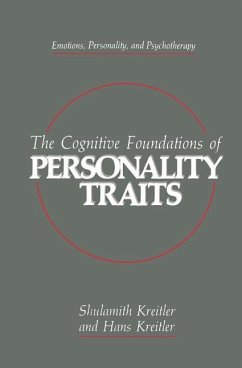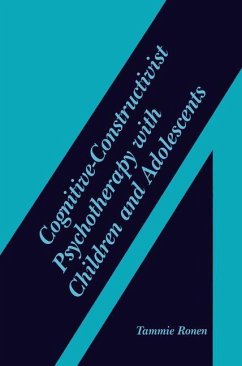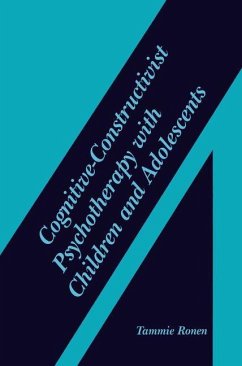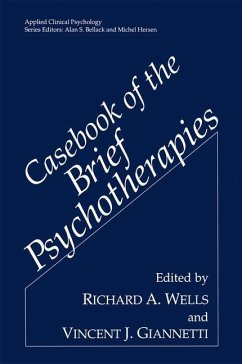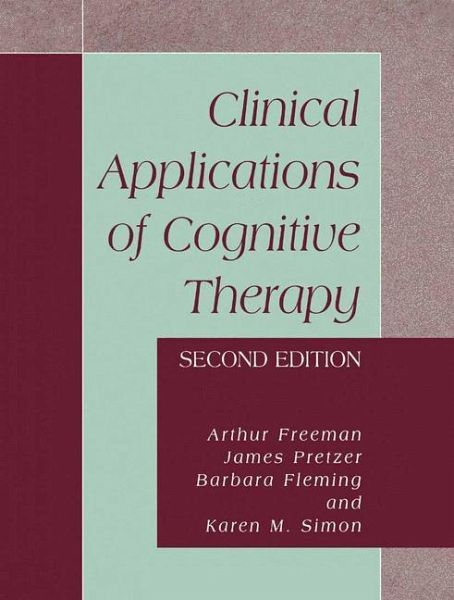
Clinical Applications of Cognitive Therapy
Versandkostenfrei!
Versandfertig in 1-2 Wochen
130,99 €
inkl. MwSt.
Weitere Ausgaben:

PAYBACK Punkte
65 °P sammeln!
When the first edition of Clinical Applications of Cognitive Therapy was published in 1990, it provided a valuable resource for practitioners, researchers, and advanced students of Cognitive Therapy. At that time, a large body of research supported the cognitive view of psychopathology and showed that Cognitive Therapy was an effective treatment approach. However, as practitioners went forth to apply Cognitive Therapy in real-life clinical practice, they faced significant challenges. In controlled outcome studies, standardized treatment protocols for treating one specific problem had been appl...
When the first edition of Clinical Applications of Cognitive Therapy was published in 1990, it provided a valuable resource for practitioners, researchers, and advanced students of Cognitive Therapy. At that time, a large body of research supported the cognitive view of psychopathology and showed that Cognitive Therapy was an effective treatment approach. However, as practitioners went forth to apply Cognitive Therapy in real-life clinical practice, they faced significant challenges. In controlled outcome studies, standardized treatment protocols for treating one specific problem had been applied with carefully selected research subjects. In clinical practice, individuals seeking treatment typically had more than one problem at a time, had a variety of factors which complicated treatment, or had problems for which no standardized treatment protocol had yet been developed. Clinical Applications of Cognitive Therapy was a volume written by practitioners, for practitioners, which provided an integrated, step-wise approach to understand ing the principles and practice of Cognitive Therapy. Its clear, practical approach was rich in clinical vignettes that demonstrated how the principles and strategies of Cognitive Therapy are applied. In addition to discussing the treatment of depres sion, suicidality, and anxiety disorders, it discussed the complications that arise when applying Cognitive Therapy's apparent1y straightforward approach in the consulting room. In particular, it included an extensive discussion of the inter personal complexities encountered when applying Cognitive Therapy with clients who have personality disorders.









